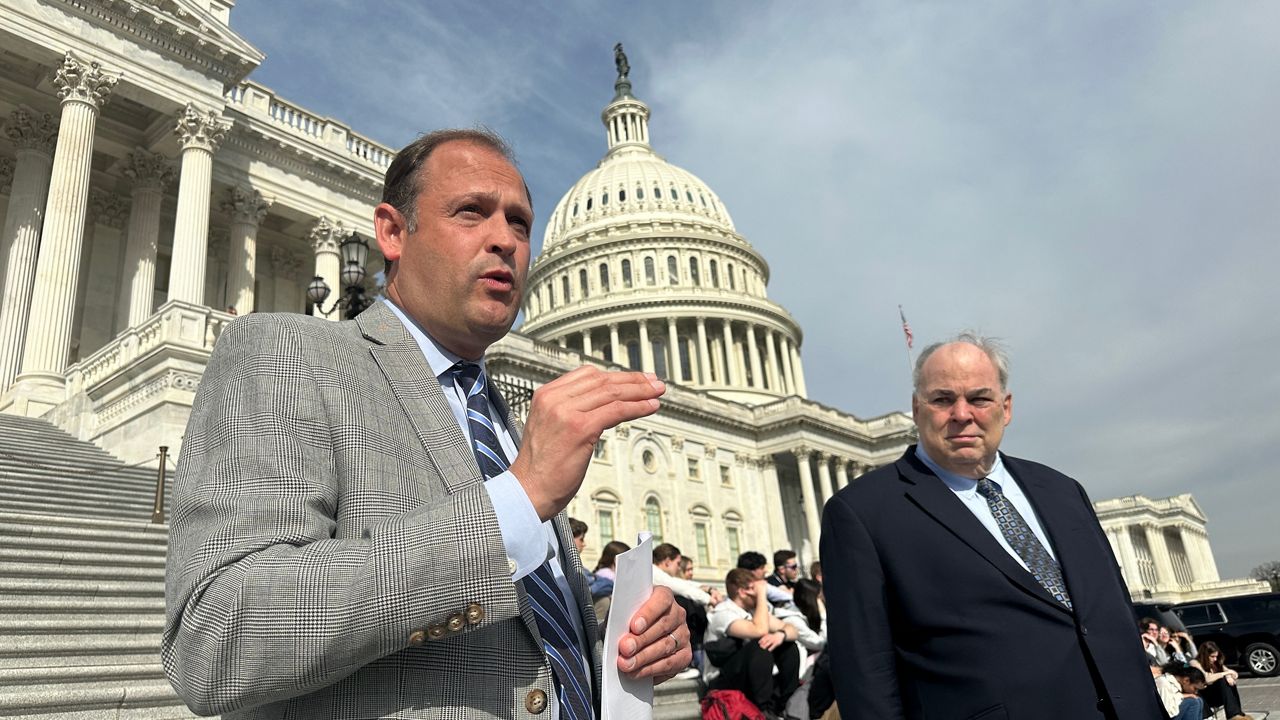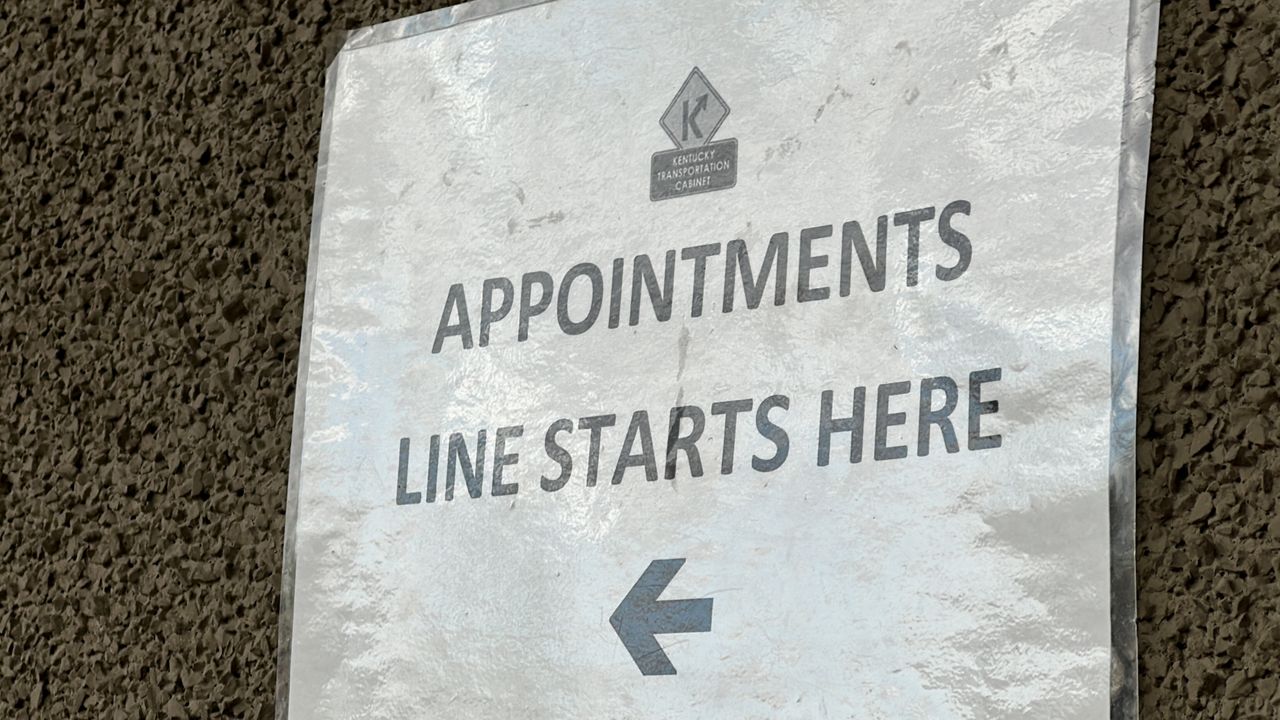FRANKFORT, Ky. — More Kentucky teenagers charged with gun-related felony offenses would be transferred to adult courts to face trial under legislation passed Wednesday by the state Senate.
The measure cleared the Senate on a 25-9 vote to advance to the House. Senate Bill 20 is part of a broader push by many lawmakers in the GOP-dominated legislature to toughen penalties for a range of crimes.
Under the juvenile-related bill, youths would be transferred to circuit court for trial as adults when charged with serious felony offenses and if they used a gun when allegedly committing the crime. It would apply to teenagers 15 and up and for offenses that include robbery or assault.
Sen. Matthew Deneen, R-Elizabethtown, the bill's lead sponsor, said it would ensure that “the time fits the crime” for gun-related offenses committed by teens.
“We owe the victims of these gun-related felonies justice, by holding these perpetrators accountable," Deneen said. "Gun-related crimes are jeopardizing our right to life, liberty and the pursuit of happiness.”
The measure would roll back a criminal-justice policy enacted three years ago in Kentucky.
At that time, lawmakers ended the automatic transfer of youths from juvenile court to circuit court in certain cases. Judges now have to hold a hearing to determine whether a transfer is appropriate based on evidence. Once in circuit court, teens can face the same penalties as adults, including prison. Under the new bill, teens convicted in circuit court would be held in a facility for juveniles until turning 18.
Sen. Whitney Westerfield, R-Fruit Hill, who opposed the new bill, said there's nothing to indicate that judges are systematically refusing to send such cases involving violent offenses to circuit courts.
“There is not one whit of evidence that’s happening, because it’s not happening,” he said.
Westerfield has been at the forefront of several juvenile justice reforms in recent years.
He said the bill would remove a judge’s discretion in deciding which court should hear a case. Various factors are considered, including the youth’s prior record, the likelihood of rehabilitation, whether the child has a serious intellectual disability or there was evidence of gang participation.









